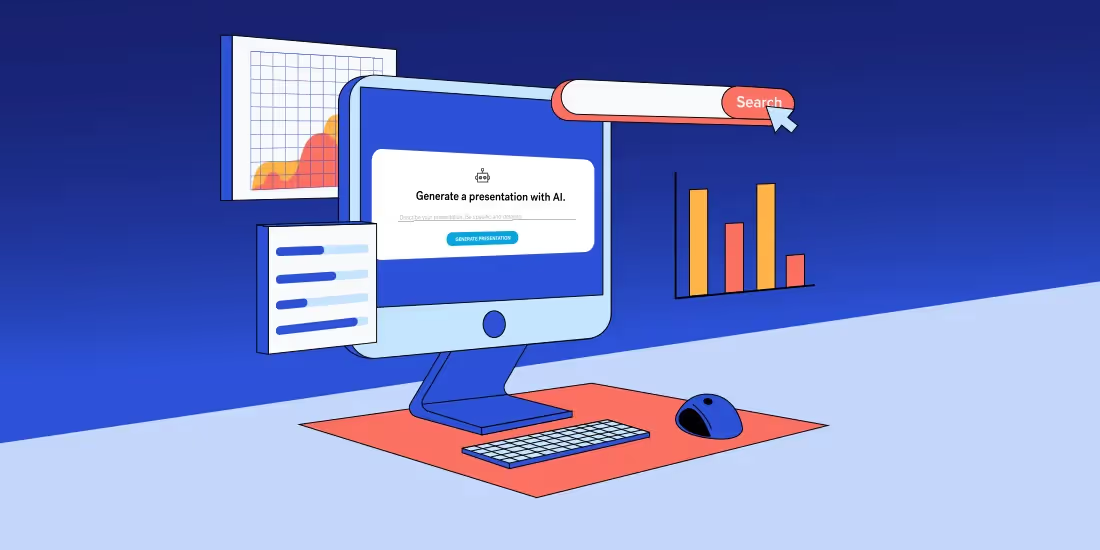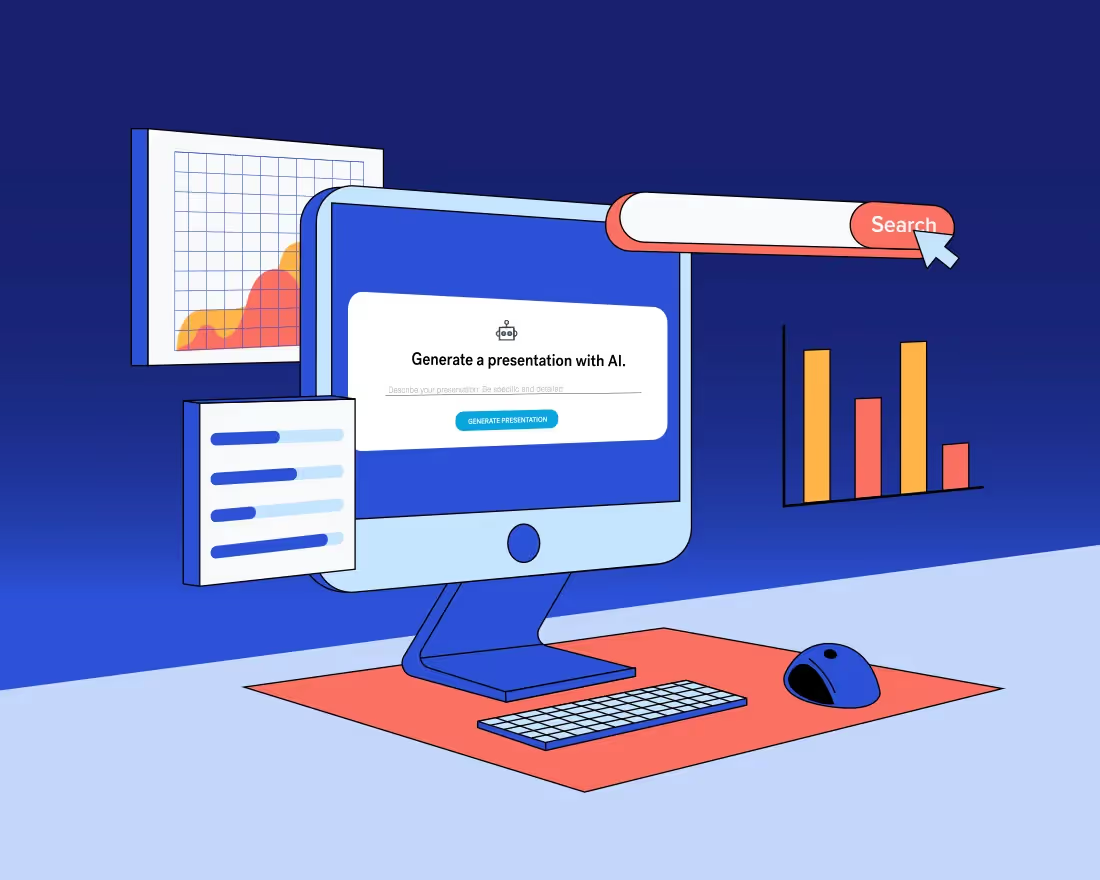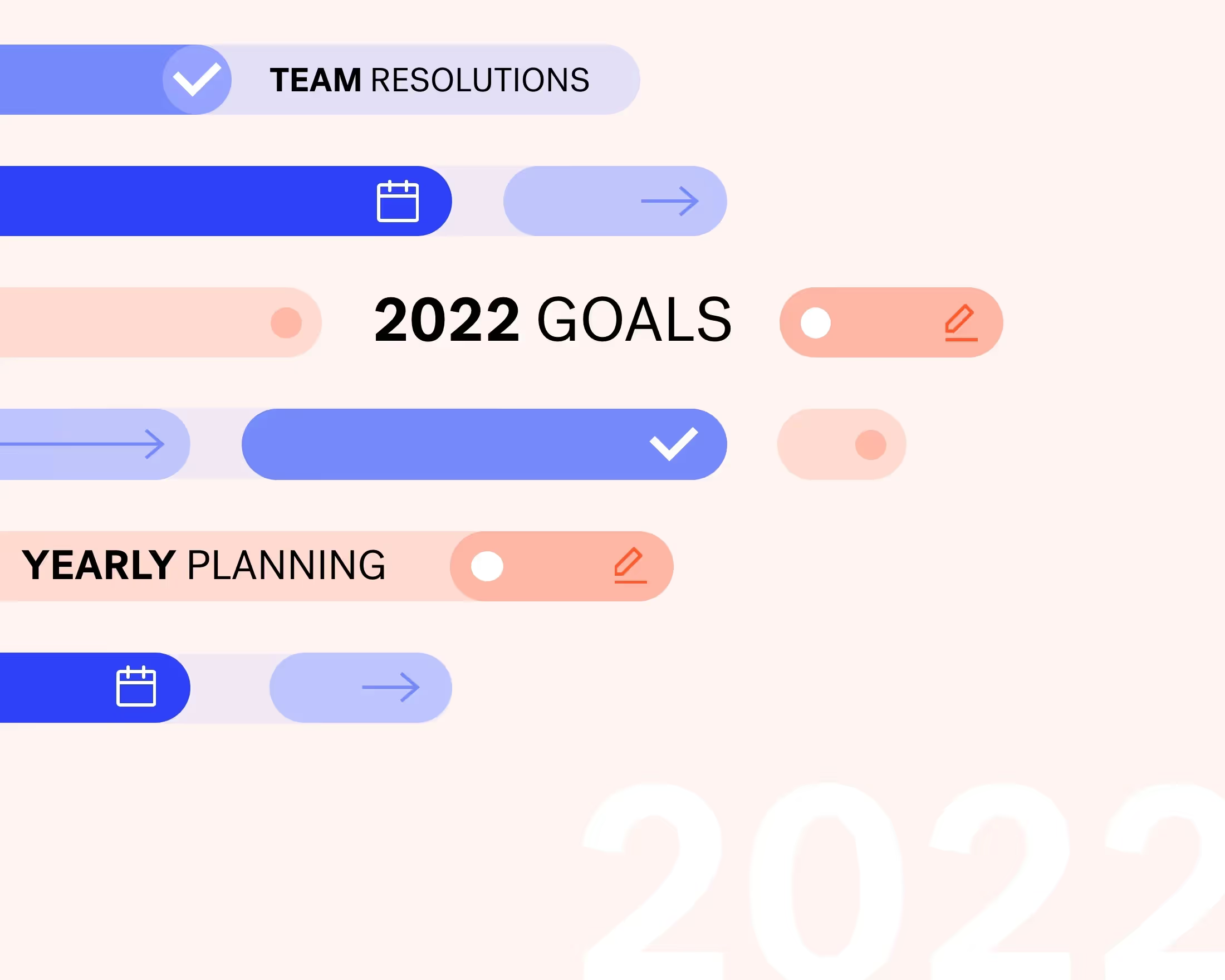
AI has disrupted the workplace in more ways than we can count since early 2023, and is now an integral part of daily workflows across the globe. As we move into 2024, businesses are weighing the benefits of what the new technology and softwares mean for their team. Departments are discovering ways to adopt and leverage AI to enhance productivity where it makes sense for them without increasing overhead costs.
To unveil more of what this technological shift means for managers and their teams, we surveyed 3,000 American managers to see how it has affected their roles and impacted their work. We’re breaking down the data to make sense of it all and explain what’s next for managers and businesses moving forward.
Here’s how managers can adopt AI in the workplace to further improve productivity and reduce costs amidst ongoing layoffs.
Adopting the right AI tools for increased productivity
By now, most professionals have dabbled in the use of AI tools out of mere curiosity. It’s not shocking that 90% of managers have already introduced AI tools into their workflows, and 64% are using it on a daily or weekly basis to help manage their teams. But AI isn’t one-size-fits-all, and it may serve a different purpose for every company, team, manager, and individual contributor.
When asked the primary reason managers are adopting AI tools in the workplace in 2024; 35% said to enhance worker productivity, 31% said to streamline work and improve efficiency, 12% said to improve performance of current employees, another 12% said to downsize and trim budgets, and 10% said to take over mundane tasks. This tells us that managers are privy to the benefits of using AI tools for increasing productivity in their department’s roles.
But regardless of the motive behind adopting AI tools, every team has to find the software best suited to their needs. The best place to start in the adoption process is the beginning: education and self-testing. Teams can evaluate where they’re allocating the majority of their time each day to then decide if there’s an AI tool that can take on a portion of that work. For example, if 40% of their day is thrown to project management, they might look into adopting a software that can automate some of those tasks for them. This will look different for every manager depending on what they need to prioritize.
Leveraging AI tools for day-to-day tasks
Despite common fears of job security, the majority of managers foresee AI tools replacing elements of their job functions but in a positive and productive way, rather than in a threatening way. In fact, 68% are actively encouraging employees to test and use AI tools if the tools will help them perform better at work.
There’s no doubt that AI tools have a positive impact on productivity and efficiency. AI tools are meant to help make human’s jobs easier by acting as a collaborative partner, or assistant, to employees who are experts in their role. Of those surveyed, 64% of managers said AI’s output and productivity is equal to the level of experienced and expert managers, and potentially better than any outputs delivered by human managers altogether. This tells us that managers would feel comfortable delegating tasks to AI systems to help free up some of their own bandwidth for new and bigger projects.
Managers can leverage AI productivity tools like Beautiful.ai to help take on the burden of more tedious tasks like presentation design that might otherwise be considered time-consuming. Our AI assistant makes it easier than ever for non-designers to create a new presentation from scratch, or rework existing content, regardless of the topic. Users can opt to create a new deck, or add slides to a presentation, with AI by entering a short description (or prompt) based on what they need. Users have the liberty to add as many keywords as they see fit to generate a fully built, totally customized presentation draft populated with appropriate text, layouts, photos, icons and design.
The AI tool is meant to act as a collaborator on your work. We recognize that AI in its current state can only get you so far, but as presenters get more familiar with the features within Beautiful.ai, they can further tailor each deck to fit their unique story and audience. The AI feature provides a truly automated zero-to-finish experience to Beautiful.ai’s presentation ecosystem— eliminating hours of frustrating effort to design and craft a beautiful presentation narrative.
This is only one example of how AI tools can help to improve productivity for teams without having to add to the headcount of the department. But the opportunities will vary depending on each manager and business.
Introducing a re-skilled workforce
Amidst massive layoffs nationwide, professionals worry that AI is coming for their jobs. But as of March 2024, less than 50% of managers believe that their business could financially benefit from shifting their resources from employees to artificial intelligence. The number of managers looking to replace employees with AI has significantly decreased since 2023, which tells us that as professionals become more familiar with the technology they’re finding new ways to integrate it with their existing teams.
The reality is that no matter how “smart” it is, AI alone in its current form isn’t an equal replacement for human knowledge and creativity. Instead of viewing the tools as a stand-alone expert, we should be leveraging them as assistants that allow professionals to work faster, and produce better results. As these innovative tools become more commonplace, managers and their teams will have to pivot their way of thinking and adapt in their roles.
AI unlocks new ways of working for teams. While managers’ concerns of layoffs are valid, AI should be viewed as an opportunity for companies to reach their goals with fewer new jobs created and instead a re-skilled workforce. To put it simply: the rise of AI doesn’t necessarily equate to the demise of professionals. It means that well-established teams can do more without having to add to the headcount of the department.
Like any new technology, AI warrants a learning curve for managers to educate their employees on the best resources available for their roles. By giving them the tools they need to be more successful, teams can be more efficient in their efforts to contribute to the overall growth of the company.





.gif)


